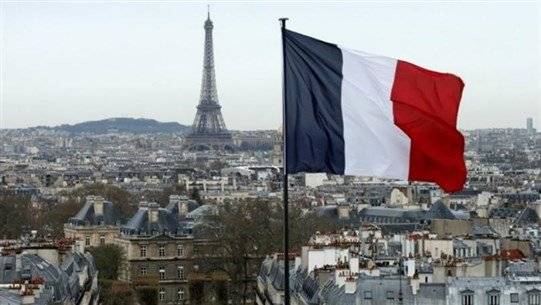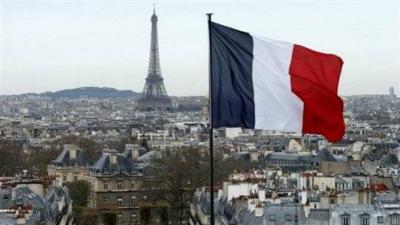Following President Emmanuel Macron, it was the turn of French Foreign Minister Catherine Colonna to deliver her speech to French ambassadors around the world at their annual meeting, which resumed after a two-year hiatus due to the COVID-19 pandemic. Like Macron, Colonna addressed hot regional issues, including the Iranian nuclear file, Iraq, Syria, the Israeli-Palestinian conflict, and also Lebanon, which is under special attention from Paris.
Notably, in the speeches of both Macron and Colonna, neither addressed the main issue occupying the Lebanese political class and people, which is the presidential election file, given that President Michel Aoun's term will end in less than two months. Although France's position is known and clear—Paris wants to avoid a vacuum in Lebanon's executive authority if a new president is not elected within the constitutional deadlines of September and October—it remains that the presidency would be vacant while the current government would continue in a caretaker capacity.
To date, Prime Minister-designate Najib Mikati has not managed to form a new government, and there is little indication that such a development will occur in the coming days or weeks. President Macron, having navigated the Lebanese file since his first election in the spring of 2017—especially after the port explosions, during which he visited Lebanon twice in one month—focused on the necessity of enhancing Lebanon's sovereignty and stability, calling for continued humanitarian aid.
Macron did not miss the opportunity to highlight the "fragility" of the Lebanese situation and warned against "the repercussions of destabilizing regional crises." In the same vein, the Foreign Minister stated yesterday morning that Lebanon "is experiencing an unprecedented economic crisis" and warned that without the "awakening of Lebanese leaders," Lebanon's collapse will continue. Colonna asserted that France has a "responsibility to support the exhausted Lebanese people" and that Paris "must use its influence in Lebanon to put an end to the neglect and mismanagement" that the Lebanese people are suffering from.
However, the French minister did not delve into the specifics of the measures she intends to take, noting that Paris has imposed "sanctions" over the past two years against Lebanese politicians and non-politicians whom it deems obstacles to Lebanon's recovery, hindering democratic life and preventing necessary reforms. The French authorities have never disclosed the list of individuals targeted by these sanctions. In summary, Colonna stated that France will remain "fully vigilant" regarding developments in the Lebanese scene until the "leaders respond to the Lebanese people's desire for reforms and justice."




